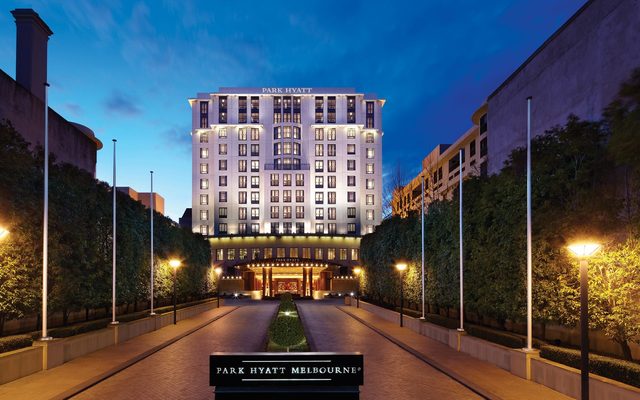This article is from the Australian Property Journal archive
POLITICAL unrest in Hong Kong has dampened investor confidence, with real estate investment volumes plummeting to their lowest level in a decade, according to Real Capital Analytics.
RCA’s Asia Pacific Capital Trends 2019 report showed total investment volume for the region was US$158.5 billion in 2019, a dip of 8% year-on-year, but still the third highest level on record. Hong Kong saw investments dived by 42% over the year to US$15.24 billion. In comparison, Singapore saw a 26% increase to US$9.65 billion and Japan was up 5% to US$37.27 billion over the same period.
RCA’s managing director for Asia Pacific David Green-Morgan said the investor pullback was largely restricted to specific areas of weakness, as the largest country markets remained relatively unscathed by the economic headwinds. Cross-border transactions picked up momentum and market share, with investors flocking to the largest and most liquid ‘safe haven’ metropolises.
“The growing attractiveness of Asia Pacific real estate as an investment asset class and the depth of liquidity now available in the large city markets as safe havens for capital, meant transaction volumes in the region displayed incredible resilience last year.
“They mostly held-up in the face of the U.S.-China trade war, the Japan-South Korea trade dispute and the battering Hong Kong investments received from the political unrest. It is too early to judge what impact the coronavirus outbreak may have on Asia Pacific markets this year due to the long lead times in real estate investment, but 2019 shows that cross-border capital flows are adjusting to news, and the greater availability of transactional and pricing data, more rapidly. Investors can therefore make their decisions on where to place capital with more confidence, despite the volatile macroeconomic backdrop,” Green-Morgan said.
RCA observed that in final quarter of last year, transaction volumes surged for alternative real estate accommodation sectors of hotels, apartments and senior housing and care, whilst the volumes declined across the three traditional sectors of offices, industrial and retail.
The hotel sector booked its second record-breaking year in a row as sales of individual hotel assets soared by 50%, boosting overall investment volume to US$15.8 billion in 2019. The industrial sector recorded the biggest proportional decline in transactions, but 2019 was still its second strongest year on record and yields were stable over the 12-month period, even in Hong Kong.
“Hotel investment volumes were well above the long-term average in 2019, with investors starting to venture further afield into Southeast Asian markets such as Vietnam and Myanmar. Tourism is growing everywhere across the region, not just in new locations but also more established markets.
“Japan benefitted last year from the Rugby World Cup in Tokyo and in 2020 it is hosting the Summer Olympics so that, combined with very high room rates, makes it attractive from an investment perspective. The hotel sector used to be quite small in APAC, but it has now raced ahead of the other alternative real estate asset classes and is almost on a par with the industrial sector in terms of market size,” he added.
Volumes were steady in Australia, at US$31.20 billion. Green-Morgan said Australia has been the most consistent target of cross-border capital with inbound volumes exceeding US$10 billion every year since 2013.
The majority of that capital has been directed towards Sydney, which reinstated itself as the top metropolitan market destination for offshore capital in 2019.
“The strong cross-border capital flows into Australia are partly explained by an increase in acquisitions by Hong Kong-based investors, picking up the slack left by Chinese investors’ withdrawal from global markets. It would certainly not be a surprise if other Hong Kong investors followed suit in the year ahead.” Green-Morgan said.




